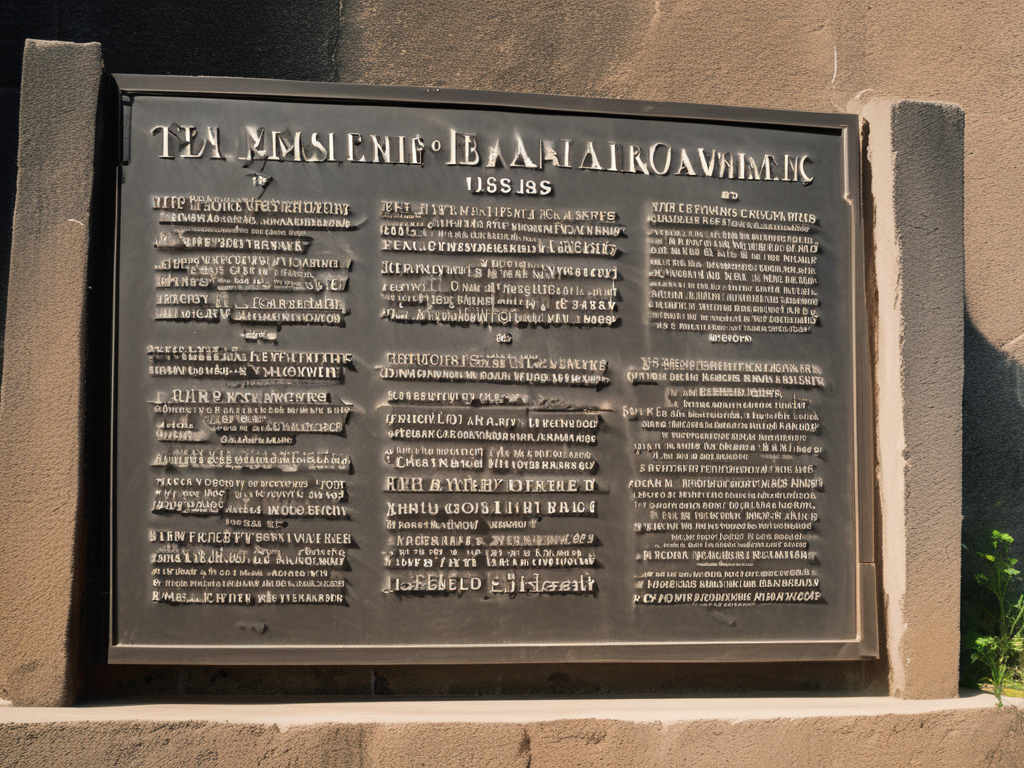In the United States, the State of Louisiana just enacted a law for the public display of thee Ten Commandments in public school classrooms beginning in 2025.
The backlash was immediate. There are those crying violations of the First Amendment Establishment Clause while the law supporters are contending that it is a foundational document for both state and local government.
To bring clarity to this matter, the Ten Commandments, on a secular basis, is as follows: The Ten Commandments is a foundational document concerning a nation’s formation. A group of both oppressed and diverse peoples unanimously agreed to be governed by the Ten Commandments. These peoples were both present and were afforded to hear the laws in totality for themselves when this moment occurred. The Commandments, which they accepted, at that moment, for the most part, consisted of both laws and rules of conduct. Since their enactment, these commandments have been ones upon which many people believe create a positive society.
One of those speaking out against the law did so in an opinion piece CNN printed the opinion of Eli Federman took offense to law. He, like many, fail to take into account the Hebrew Bible is as much of a political document as it is a religious one.
First, the Ten Commandments is connected to national politics. The nation, for which Abraham, is the founder, required a constitution and set of laws. The Ten Commandments is that document.
Is this not politics? Additionally, the Hebrew Bible, from the issuance of the Ten Commandments, continues to address matters involving governance and the choice of governance. Is this not politics? Beyond politics, the Hebrew Bible discusses the concepts of monotheism or monolatry. These matters certainly fall within the realm of belief, faith and religion.
Thus, the Ten Commandments, contrary to Mr. Federman, are not sacred and uniquely religious. Rather, they are totally political. They represent a people’s choice to accept laws and rules of conduct for their collective betterment.
Their nation, and its viability depended upon the people’s adherence to their laws. Further, there were many- including the Prophets- who believed that the straying from their moral code weakened their nation. The Ten Commandments are far from being an expression of faith. For that, one can turn to another Torah passage: “Hear O’ Israel, the Lord, our God, the Lord, is One.”
Mr. Federman’s assertion that the Ten Commandments are somehow diminished by taking them down to the same level as other famous legal document is quite outrageous. Many of the laws from the Ten Commandments were not new unto civilization. Some of them were already promulgated, i.e. the Code of Hammurabi.
The reality is that the Hebrew Bible, along with the Ten Commandments, present a document full of politics, political theory, and debate. The Book of Judges tackles the notion of a nation without centralized government. The First Book of Samuel tackles the debate over a people’s election to have a monarchy. Certainly, this is raw politics combined with the notion of faith.
In essence, the Ten Commandments is a living document that is to be taken out to the public for both reflection and debate. It is not something intended to be caged within a Synagogue’s Ark. Rather, it is something which created a precedent; laws are meant be read in public to all people that can understand. Further, assistance is to be afforded so that those present could further understand the materials.
Thus, in a time in which there is far sinister ideology being delivered into classrooms, the Ten Commandments is a refreshing alternative. The document, despite its deliverance by the Israelite God from Mt. Sinai via Moses, is arguably as political as it is religious in nature. Thus, the upset is a pure nothingburger.
Be well!!
Please like, follow, comment or share
www.amazonbookpublishers.llc$399 Book Publishing Services – #1 Publishing Company
For N news and newsletters create an at CNN.com
